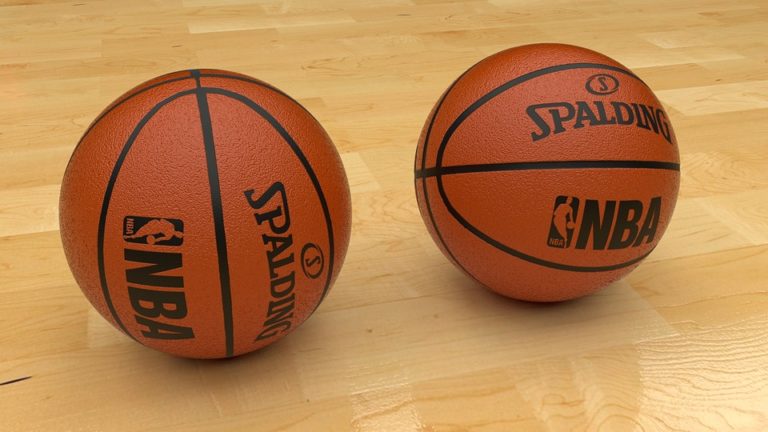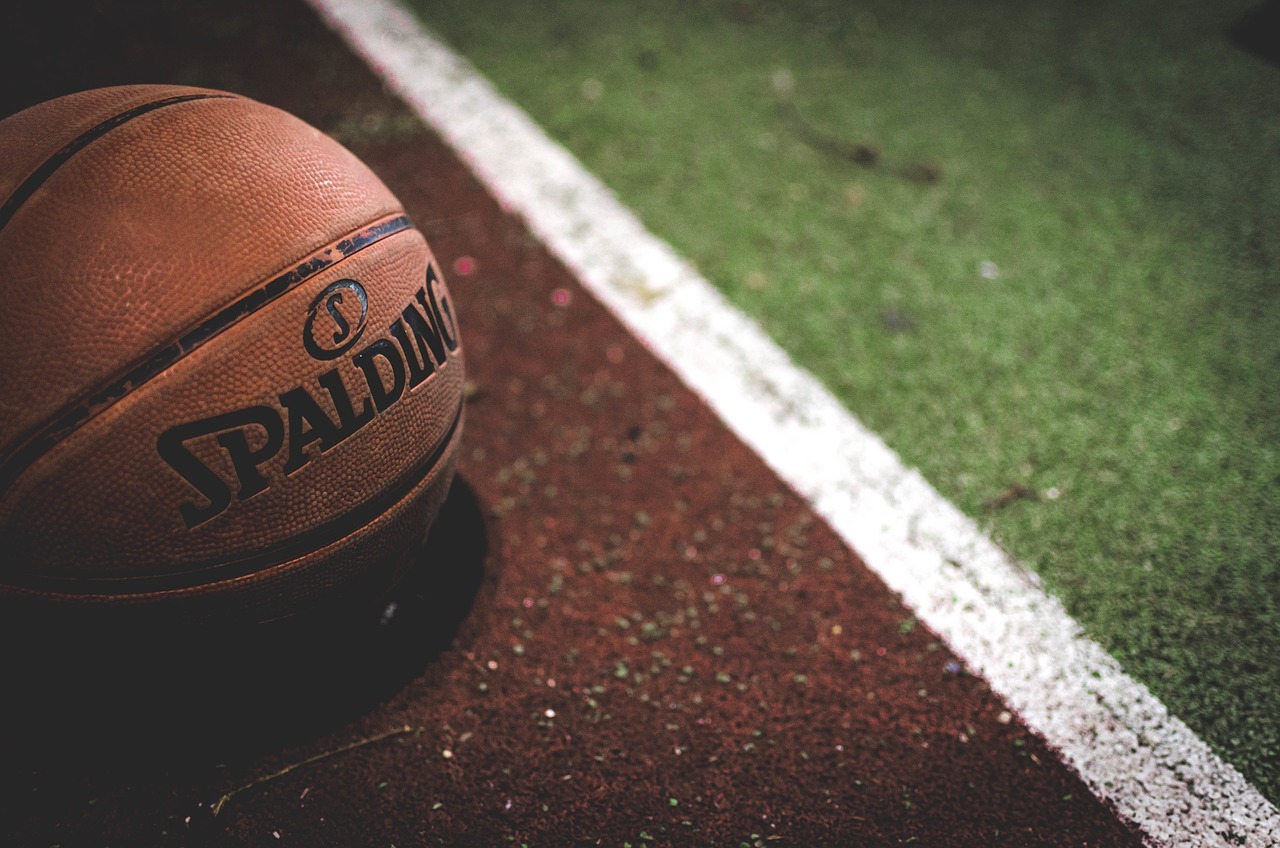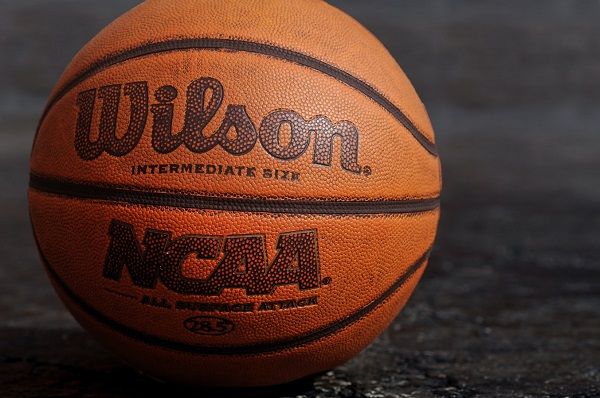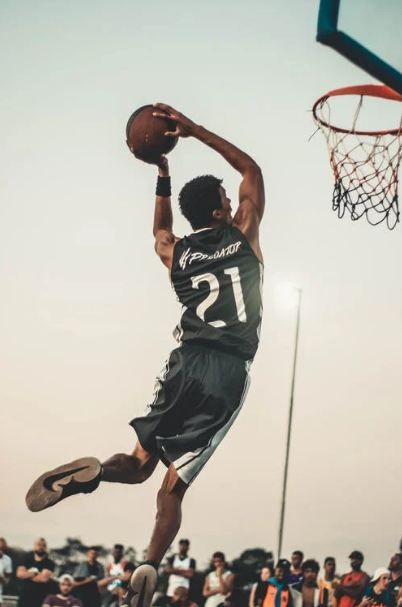History of the Basketball (the actual ball)

When you visit a sports shop, you will see different basketball brands as well as designs. Basketballs also come in different sizes depending on the age groups that will use them. In the present time, most of the basketballs are inflatable and made from leather, rubber, or a synthetic composite. The traditional color scheme of a basketball is brownish with an orange surface. It has black ribs, and a logo. But before the designs we see today, basketballs in the past years looked differently.
In 1981, James Naismith, a Physical Education teacher, was instructed by the chairman of the PE department at the School for Christian Workers, known today as Springfield College, to create a new game for the school’s athletes in the winter season. That was when the game of basketball began. The first ever basketball game was played using a soccer ball.
In 1894, Naismith called A.G. Spalding and Bros. to create a ball for the basketball game. The company came up with a leather ball which was held together with laces. It weighed lighter than 20 oz., and has a circumference of 32 inches, which was 4 inches bigger than a soccer ball. In 1948, a molded version of the early basketball was invented. It had a smaller circumference of 30 inches, which became official in 1949.
From 1967 to the 1970’s, the American Basketball Association used a red, white, and blue basketball. In 1970, the design of the basketball was again improved. Its traditional four panels became eight. The NBA made it their official ball design at that time.
In 1983, the NBA adapted Spalding’s full-grain leather ball as its official ball. Leather was the traditional material for basketball coverings. But in the late 1990’s, materials like synthetics were used. They are more durable compared to leather, especially in hash outdoor game conditions.
Over the years, the basketball was continually improved and build for use with indoor hoops and the best portable basketball hoop for driveway as well. One improvement of it was the Hole-In-One basketball which has dimples similar to a gold ball. The dimples on the ball helped the players to palm it easily. Another improvement was the outer shell of the basketball was created using sweat absorbing polyurethane. Spalding on the other hand, had its own developments such as creating an orange and white basketball which has a microfiber composite cover.
In 2001, Spalding came up with a basketball that has a built-in pump. In 2006, they again updated the ball’s features. From the standard eight panels, to two interlocking panels.
Today, different styles and brands of basketballs are available in the market, but here are some of the notable basketball manufacturers in history.
Spalding
As stated earlier, Spalding was the first company to produce a basketball for official use. It has been producing NBA’s official game ball since 1983. Aside from that, they also produced basketballs for the Women National Basketball Association and NBA Development League. It became the official provider for Euroleague and Eurocup competitions in 2012, and the new supplier for the National Basketball League in Australia in 2010.
Molten
Molten is a Japanese goods manufacturer and it is the official provider of game balls for all FIBA world championships, FIBA Asia events, and many domestic leagues. It has also provided balls for Europe-wide competitions from 2006 to 2007.
Wilson
Wilson is the official ball supplier of all the National Collegiate Athletic Association (NCAA) postseason tournaments. It also supplies balls for all FIBA operated 3x3 competitions as of 2003.
Rawlings
Rawlings has been manufacturing basketballs since 1902. It is known for producing a ball with ten panels along with the traditional 8-panel ball. The TEN basketball is Amateur Athletic Union’s official ball. It is the largest 3-on-3 basketball tournament in the United States.
Nike
From 2007, Nike had a contract to produce basketballs for the Euroleague Basketball Company. But in 2012, it was turned to Spalding. In the Philippines, the Nike 4005 Tournament Balls is being used in NCAA and UAAP.
Nivia
Nivia is an Indian sports manufacturer and they produce handmade basketballs. They can make one ball in every three seconds and these balls are assured to have good quality. They are quality tested by shooting them to a one-inch-thick iron plate with the speed of 25 mph. They produce basketballs for different leagues in India.
Aside from these manufacturers, other known basketball brands today are Dunlop, DHS, Mikasa, Mitre, Adidas, Baden, and Avaro.
The development of the basketball is one of the evidences that the basketball sport is continually improving over the years.




